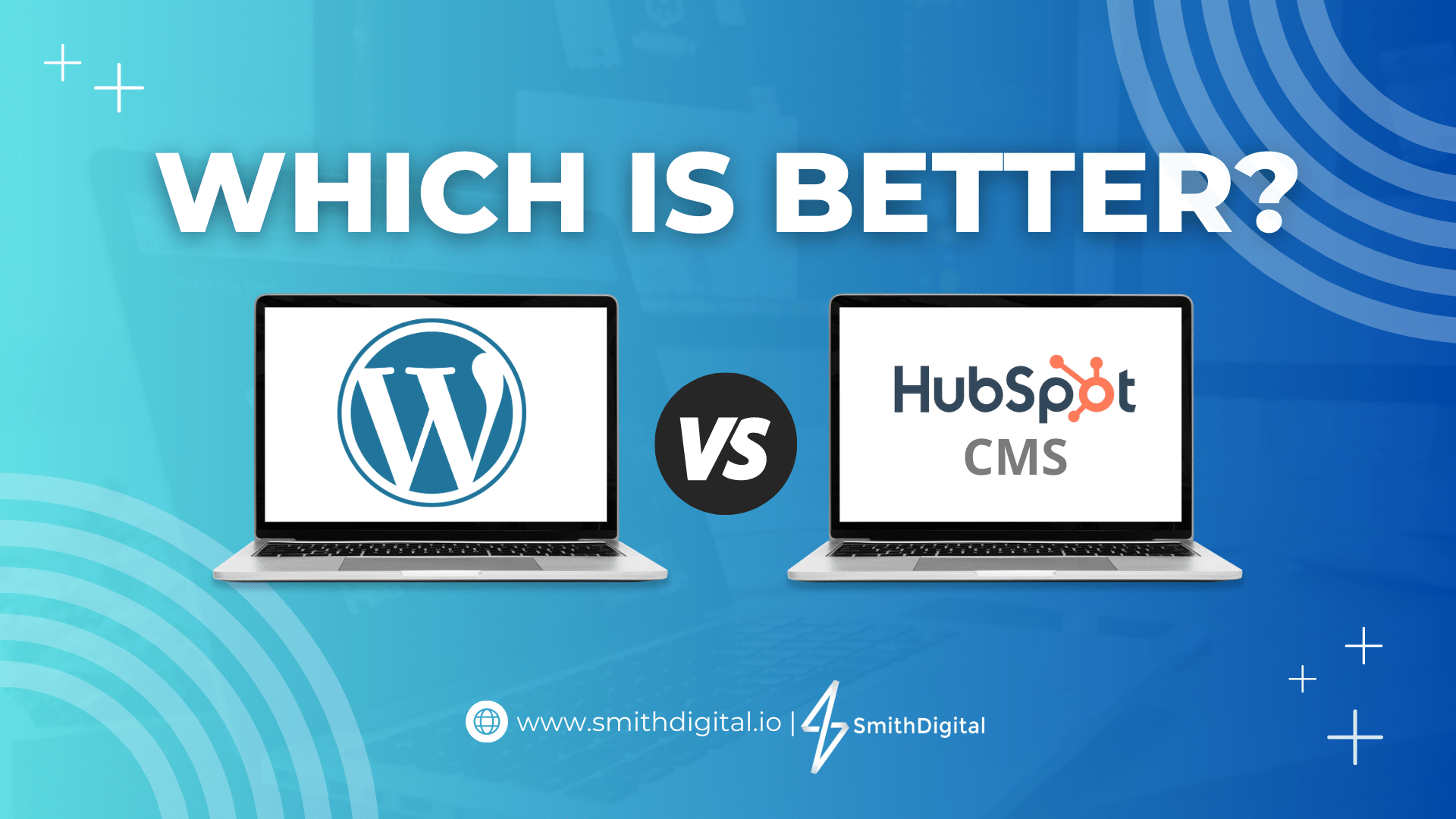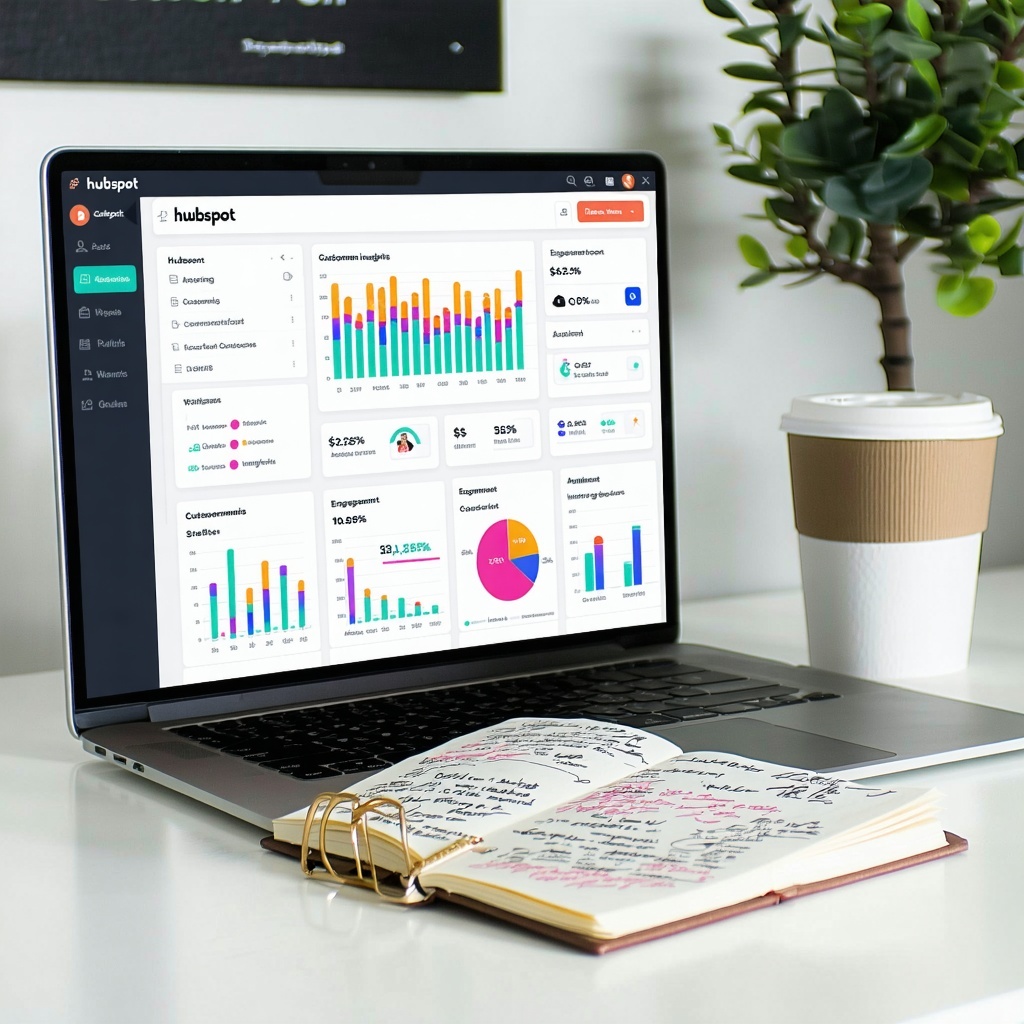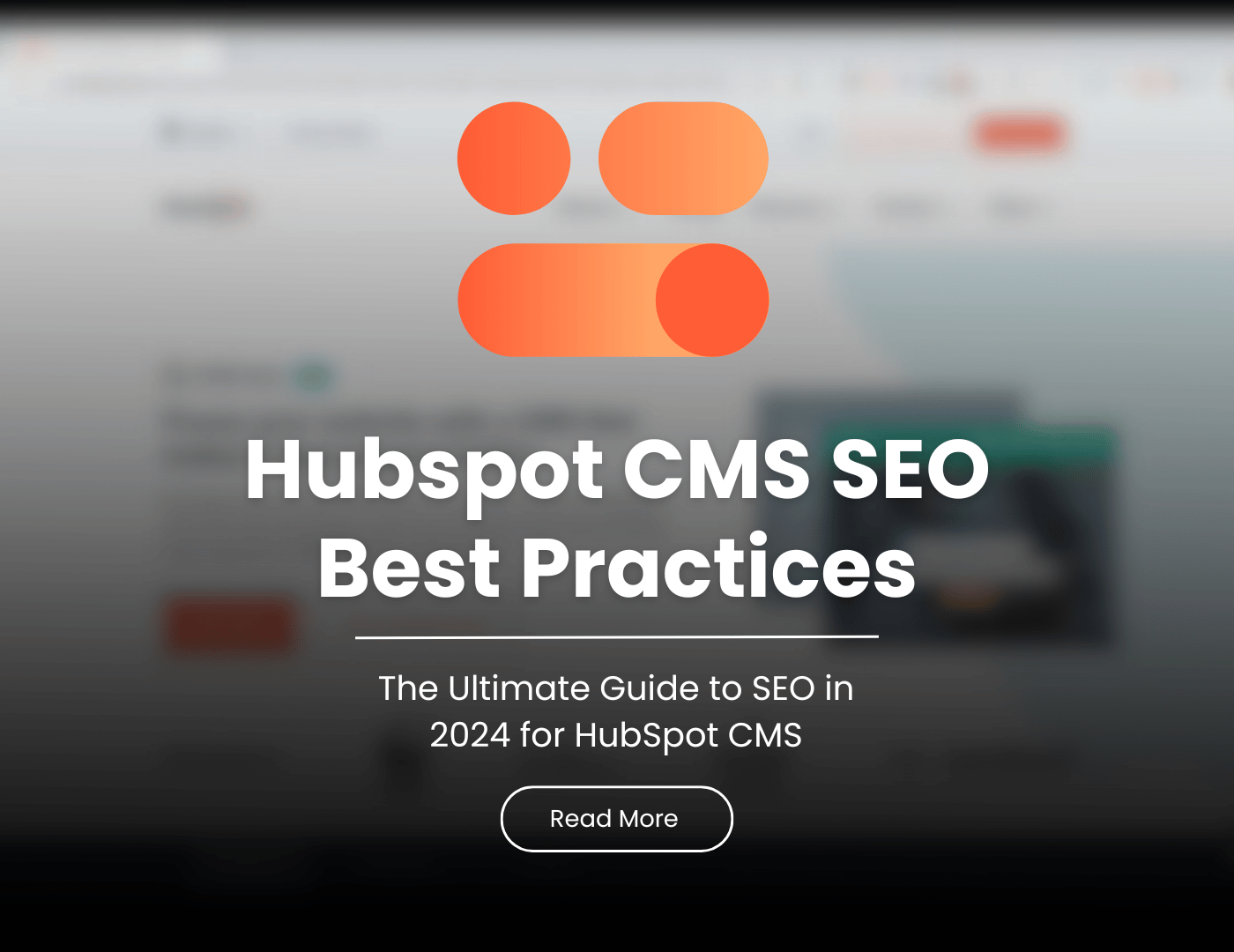Comparing WordPress vs HubSpot CMS in 2023: Which is the Right Choice?
Choosing the right content management system (CMS) can feel like a daunting task, especially with so many options available. But fear not, dear...
%20(4).png?width=303&height=303&name=_SD%20web%20assets%202025%20(500%20x%20500%20px)%20(4).png)
3 min read
Marketing
:
Jul 25, 2025 7:30:00 AM
When you're ready to invest in HubSpot, there's one big decision to make early on: Should you buy directly from HubSpot, or work with a certified partner agency? Both paths lead to the same powerful platform—but the experience, support, and long-term results can differ.
This guide breaks down the key differences between the two options and offers insight into what working with a HubSpot partner really looks like.
What Is a HubSpot Partner?
Why Expertise Makes a Difference
Pricing Isn't Always What It Seems
More Flexible, More Affordable Onboarding
Faster Support When You Need It
One Partner, Many Services
Early Access and Insider Knowledge
Quicker Time-to-Value
How to Choose the Right Partner
HubSpot partners are agencies certified by HubSpot to support businesses in using the platform. They’re trained, vetted, and have access to exclusive tools, support lines, and product updates. Their job isn’t just to sell—it’s to ensure HubSpot actually works for you.
Unlike a traditional sales rep, a partner stays involved beyond the sale, often managing onboarding, training, and ongoing results.
HubSpot partners live inside the platform every day. That means they’ve seen real results, learned what works (and what doesn’t), and can steer your setup accordingly. By contrast, a HubSpot sales rep is primarily focused on helping you understand the product and finalize the sale.
A partner’s goals are closely tied to yours—results, not just revenue. That shared interest can lead to a more strategic and collaborative relationship from day one.
Partners and HubSpot sales reps pull from the same official pricing sheet—but partners often know how to structure your license to avoid unnecessary costs. They’ve done this before. A lot.
If you’ve never licensed marketing software before, having someone on your side can help you skip costly extras and negotiate more confidently.
And while partners do earn commissions, they aren’t tied to monthly quotas or pressured by a sales manager’s forecast—so you’re never rushed into decisions based on end-of-month deadlines. Instead, partners work on your timeline, not theirs.
HubSpot Pro and Enterprise tiers require onboarding, and while HubSpot offers its own services, they’re often more rigid and costly than working with a partner.
Partners can offer onboarding tailored to your industry, your internal team, and your timeline. That flexibility often translates into smoother implementation and lower upfront costs—especially if your needs go beyond generic best practices.
Things break. Questions pop up. With a HubSpot partner, you’re not just logging a ticket and waiting. Most partners have direct lines to HubSpot support and internal escalation paths.
That means you get answers faster—and from someone who already understands your setup, goals, and team. It’s a big difference when time matters.
Most HubSpot partners do more than just onboarding. They often offer web design, content creation, SEO, and broader marketing strategy.
This can streamline your vendor list and help ensure your entire digital strategy works together—no need to coordinate across multiple agencies.
Certified partners often get early access to new HubSpot features, tools, and beta programs. That means you might benefit from advanced capabilities before they’re publicly available.
And because partners receive regular training and updates from HubSpot itself, they’re usually ahead of the curve on what’s coming next.
HubSpot is powerful—but it’s also complex. Partners help you hit the ground running by getting your portal configured faster and more strategically.
They also bring outside perspective that can help sharpen your messaging, build better workflows, and avoid trial-and-error setups. All of this means faster return on your investment—and less time stuck in the learning curve.
Look for a partner with experience in your industry or with companies your size. Ask about their onboarding approach, post-sale support, and specific HubSpot certifications.
But just as important: find someone you trust. The right partner isn’t just technical—they’re communicative, proactive, and aligned with your goals.
Working directly with HubSpot is a valid option, especially for self-starters. But if you want personalized support, insider expertise, and a smoother implementation, a certified HubSpot partner can offer serious advantages. From pricing insights to faster results, they bring a level of hands-on value that’s hard to match.
Choosing the right path depends on your team, your timeline, and your goals—but knowing the difference makes all the difference.

Choosing the right content management system (CMS) can feel like a daunting task, especially with so many options available. But fear not, dear...

HubSpot Deep Research Connector with ChatGPT: Unlock AI Insights from Your CRM DataThe way businesses analyze customer data is changing rapidly. On...

Search Engine Optimization (SEO) is the cornerstone of online visibility, helping businesses attract the right audience and convert visitors into...